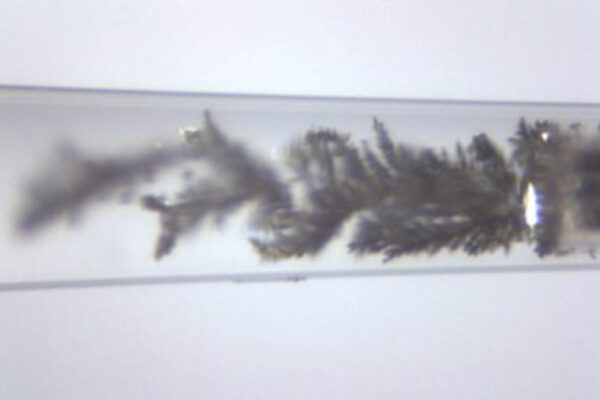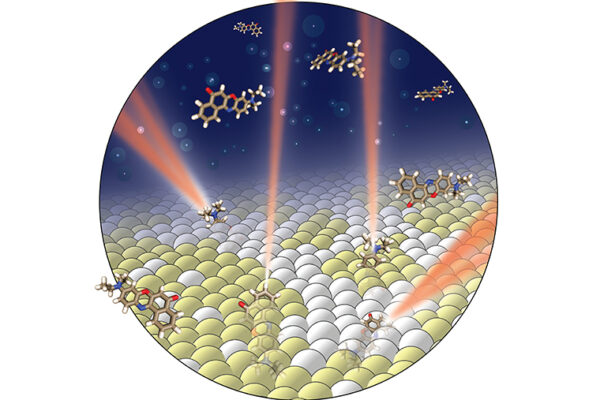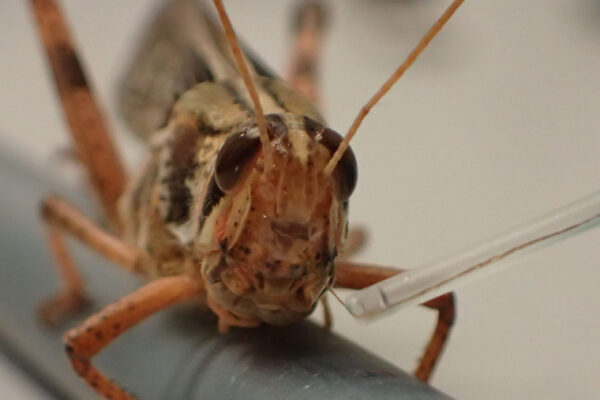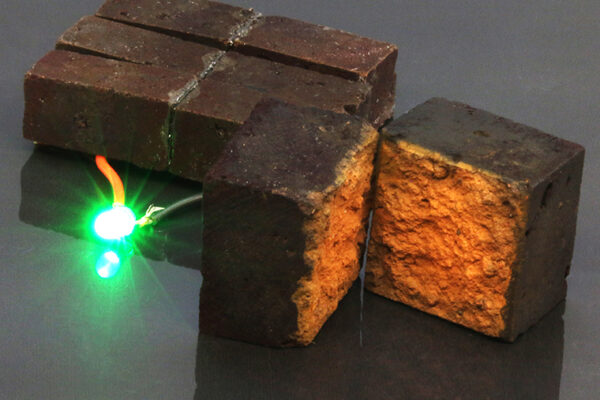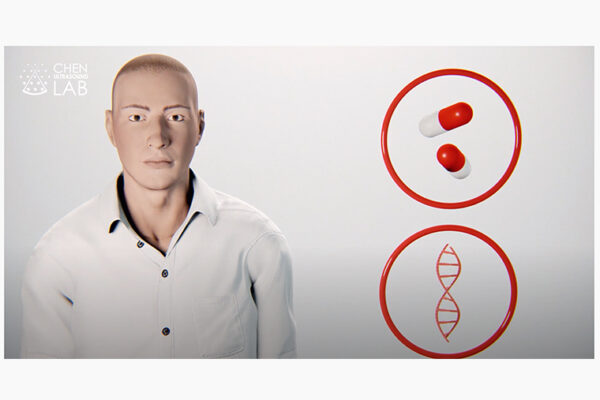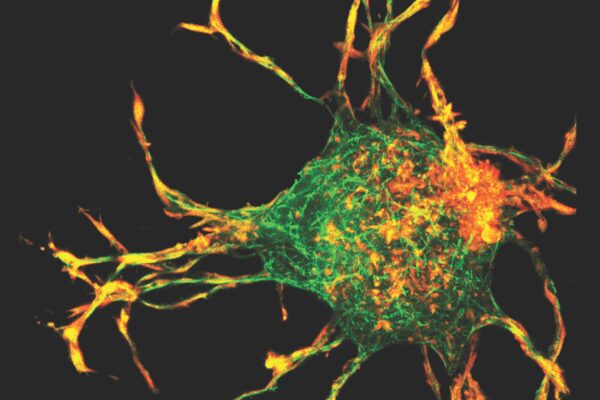Solving a current mystery
Lithium ion batteries that shouldn’t short circuit often do. Now researchers at the McKelvey School of Engineering have figured out why, and they have devised a straightforward way to tell if and when that will happen for individual batteries.
Materials in lithium-ion batteries may be recycled for reuse
A team of engineers from the McKelvey School of Engineering at Washington University in St. Louis conducted a feasibility study for electrochemical “refilling” of lithium-ion batteries into the spent electrodes to regenerate useful compounds.
Take me back to the ballgame — and other sports venues
A new tool using math has been designed to help sports franchises keep the fan experience at stadiums and arenas the safest it can be in this era of COVID-19. The formula was developed in part by John E. McCarthy, the Spencer T. Olin Professor of Mathematics in Arts & Sciences and chair of the Department of Mathematics and Statistics at Washington University in St. Louis.
Using light’s properties to indirectly see inside a cell membrane
Using properties of light from fluorescent probes is at the heart of a new imaging technique developed at Washington University’s McKelvey School of Engineering that allows for an unprecedented look inside cell membranes.
Researchers one step closer to bomb-sniffing cyborg locusts
Research from the McKelvey School of Engineering at Washington University in St. Louis has determined that locusts can smell explosives and determine where the smells originated — an important step in engineering cyborg bomb-sniffing locusts.
Building the power plant of the future
The federal Office of Fossil Energy has granted researchers at the McKelvey School of Engineering nearly $7 million to refine a new power plant that’s suitable for fossil fuels and renewables — and will emit almost no carbon.
Storing energy in red bricks
Red bricks — some of the world’s cheapest and most familiar building materials — can be converted into energy storage units that can be charged to hold electricity, like a battery, according to new research from chemists in Arts & Sciences.
Targeting ultrasound for noninvasive diagnosis of brain cancer
Researchers at Washington University in St. Louis are developing a method to diagnose brain tumors using ultrasonic energy — and no incisions. Lead researcher Hong Chen has received $2.5 million from the NIH to pursue further study.
Break it down: A new way to address common computing problem
A new algorithm developed in the lab of Jr-Shin Li at the McKelvey School of Engineering at Washington University in St. Louis provides a framework for solving complex linear inverse problems that doesn’t require a supercomputer and also enhances security and privacy.
New insights into wound healing
Research from a multidisciplinary team led by Washington University in St. Louis may provide new insights into wound healing, fibrosis and cancer metastasis.
Older Stories
